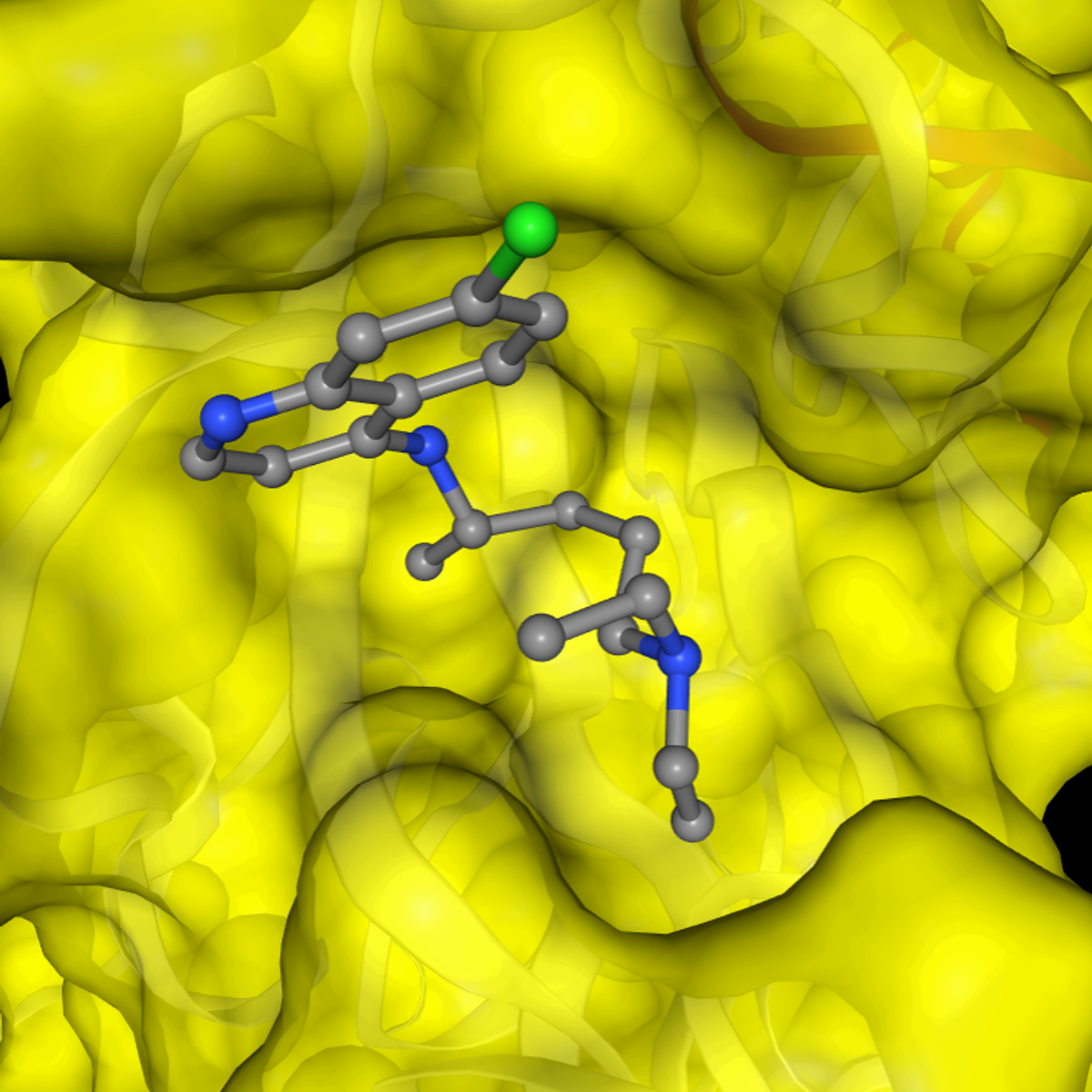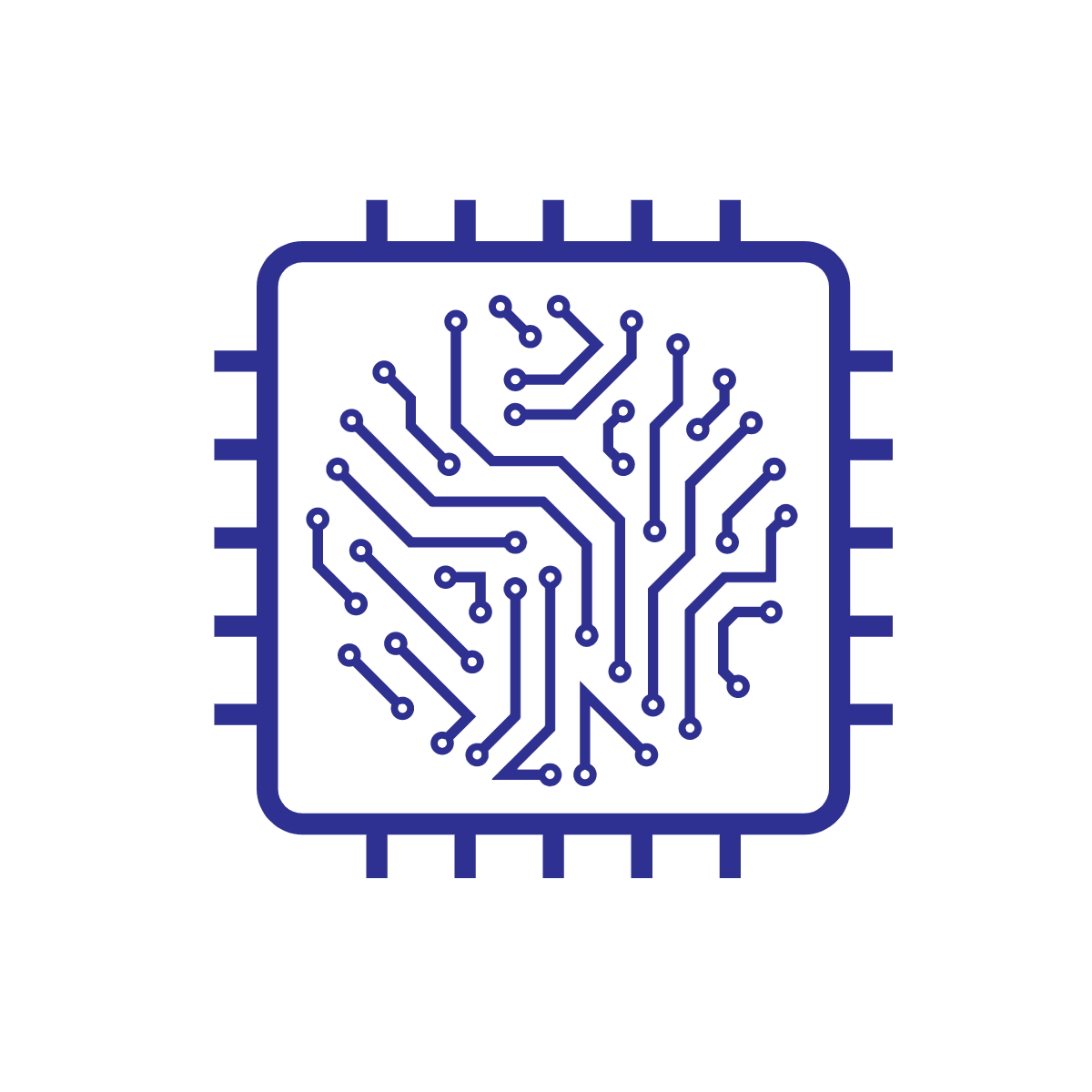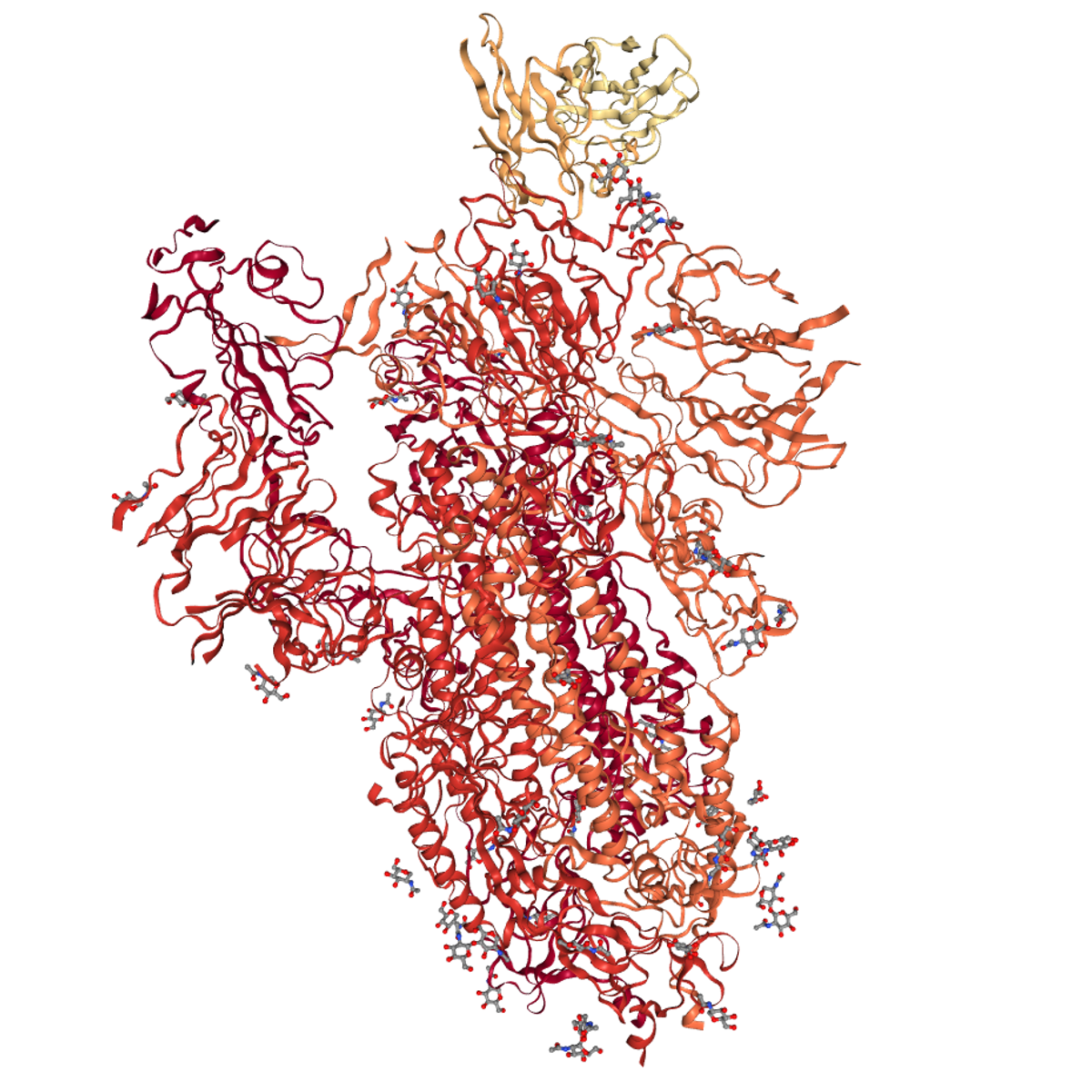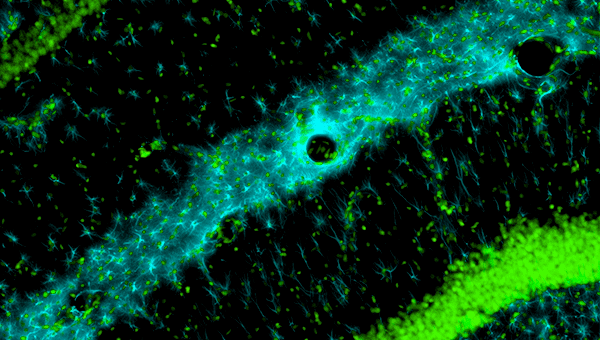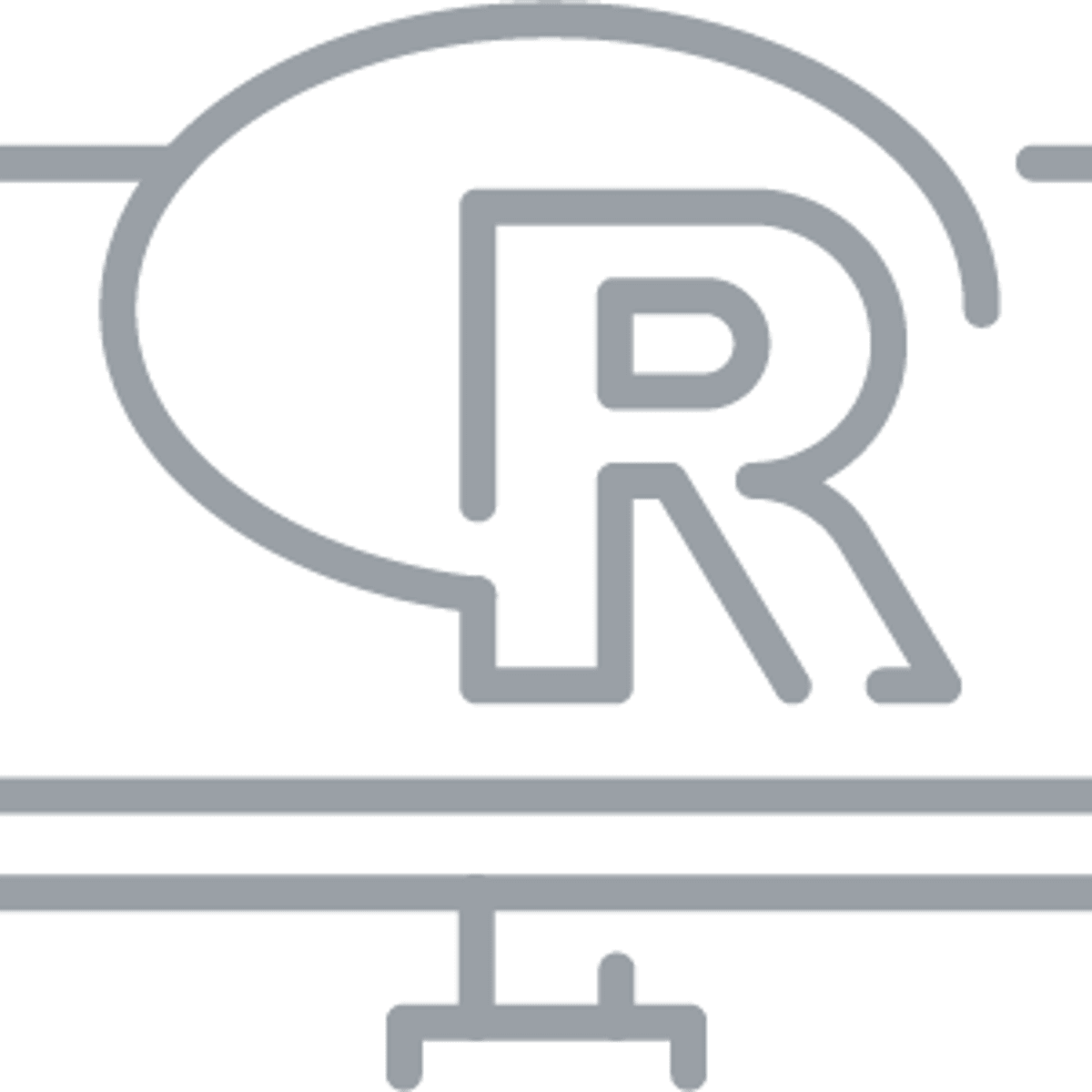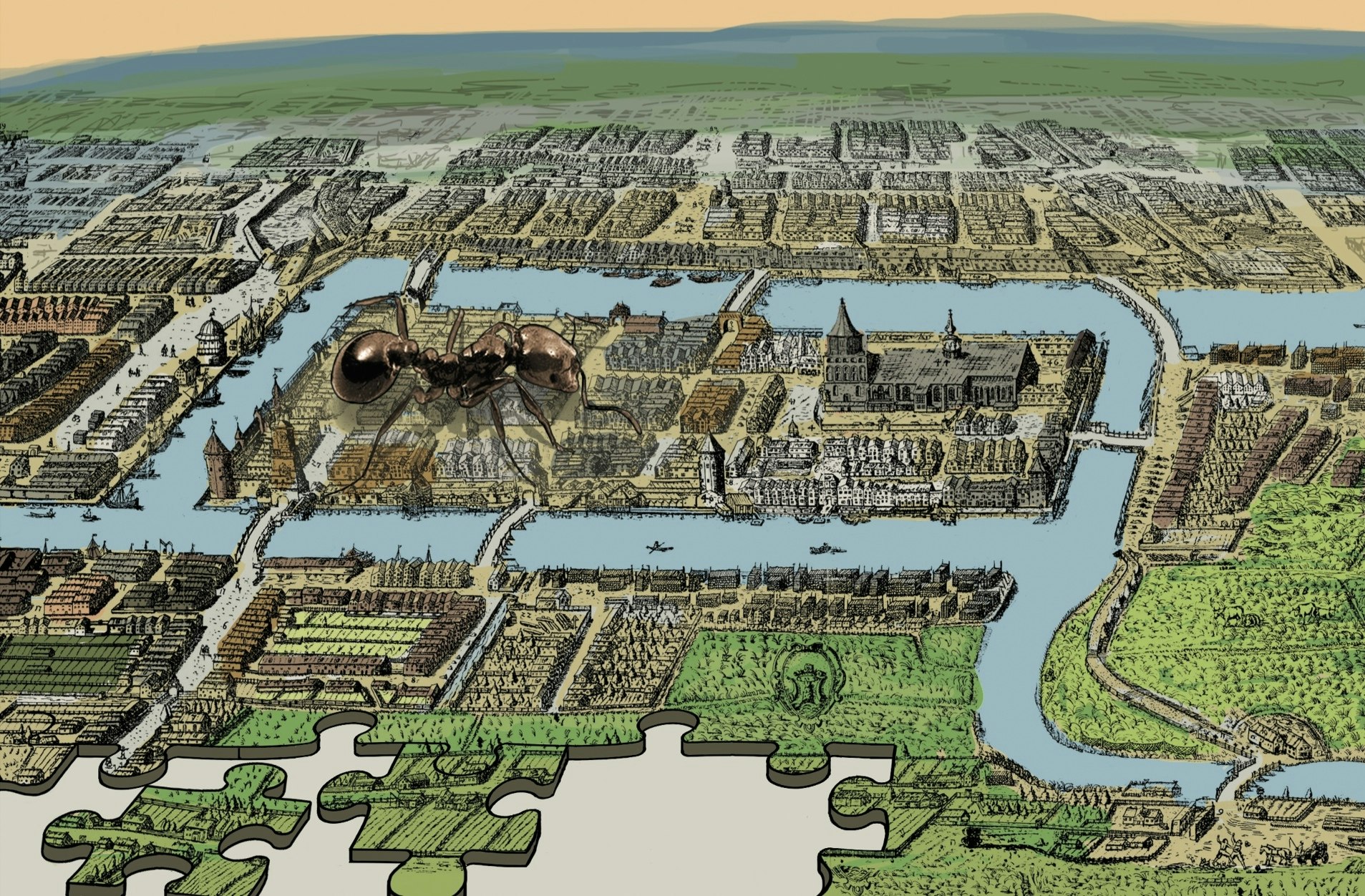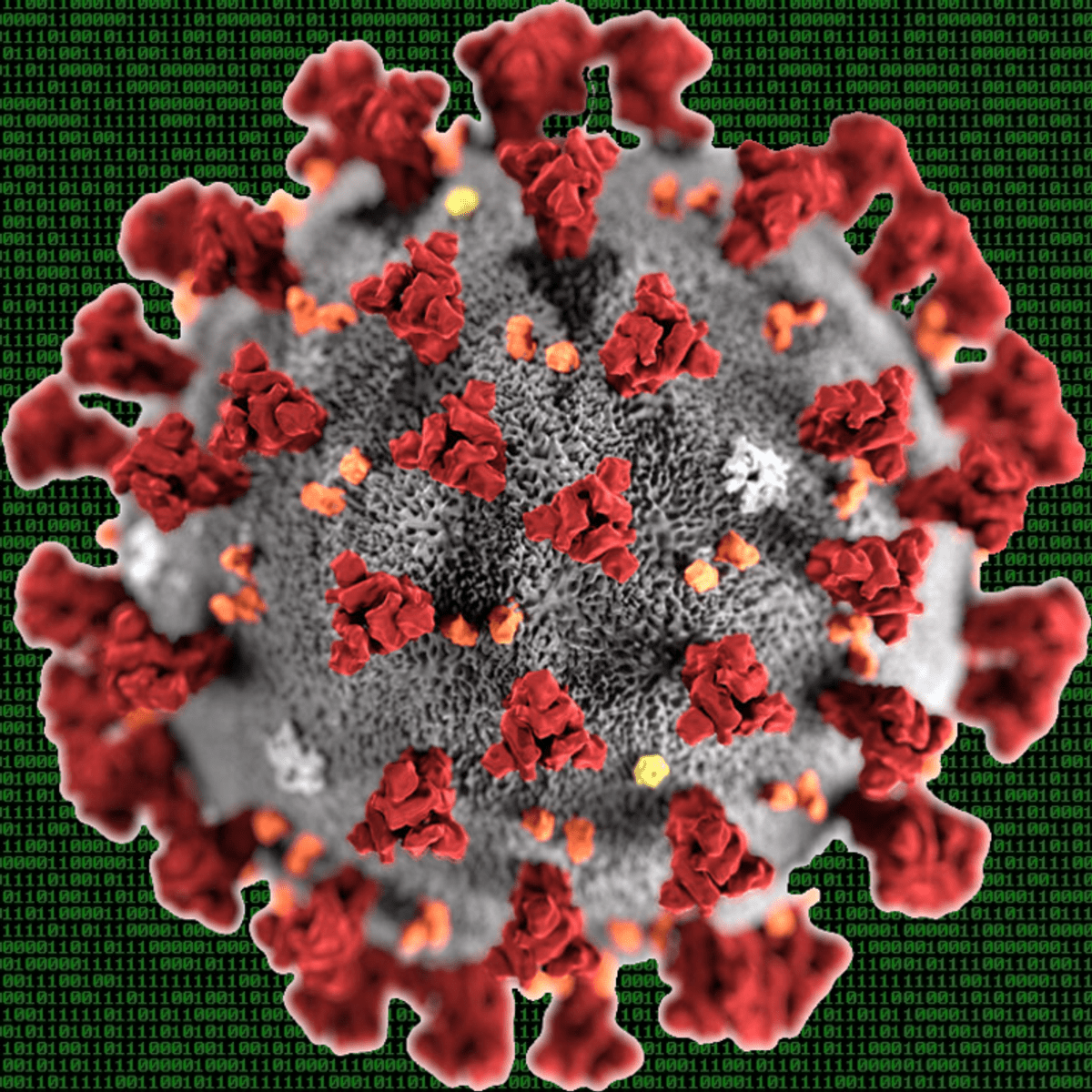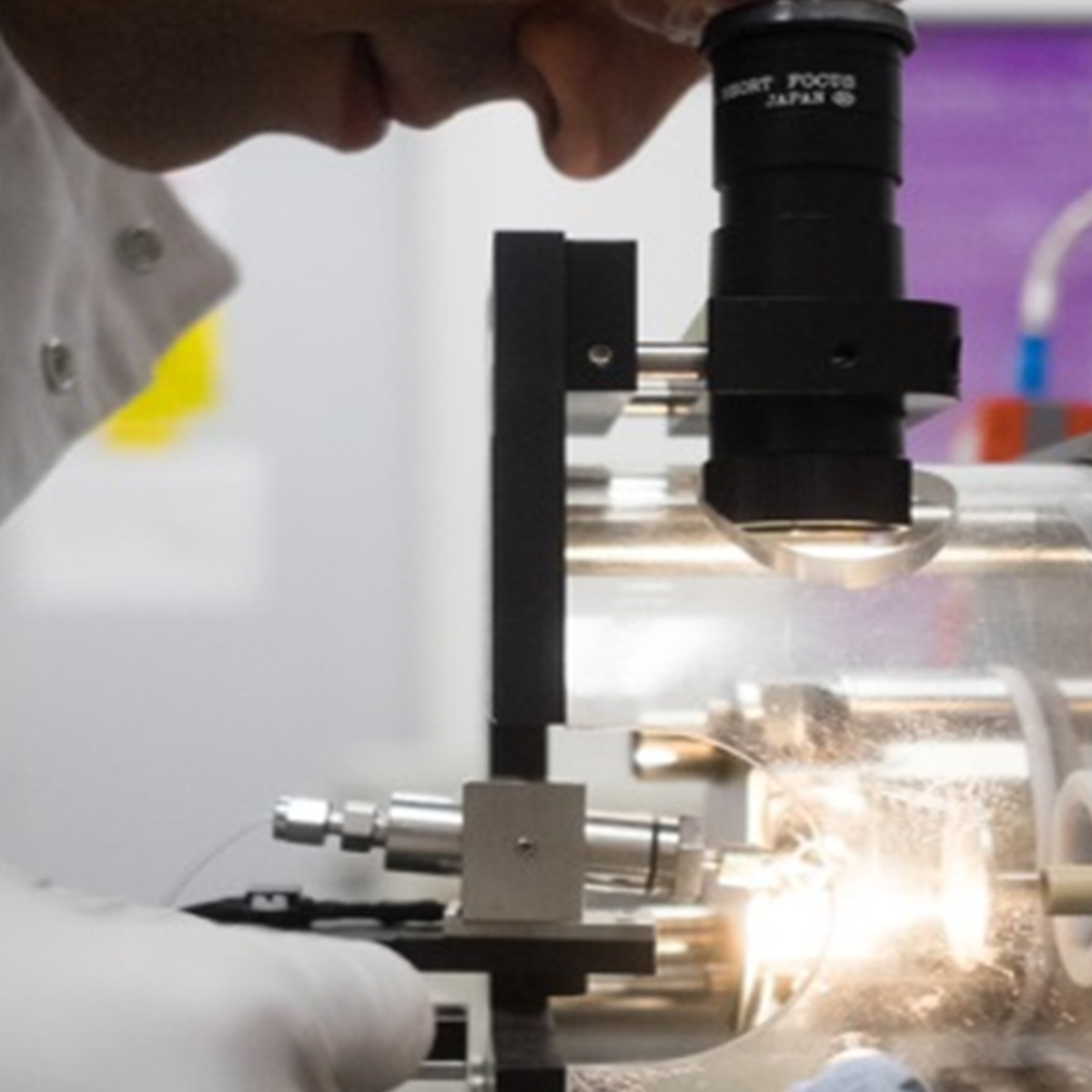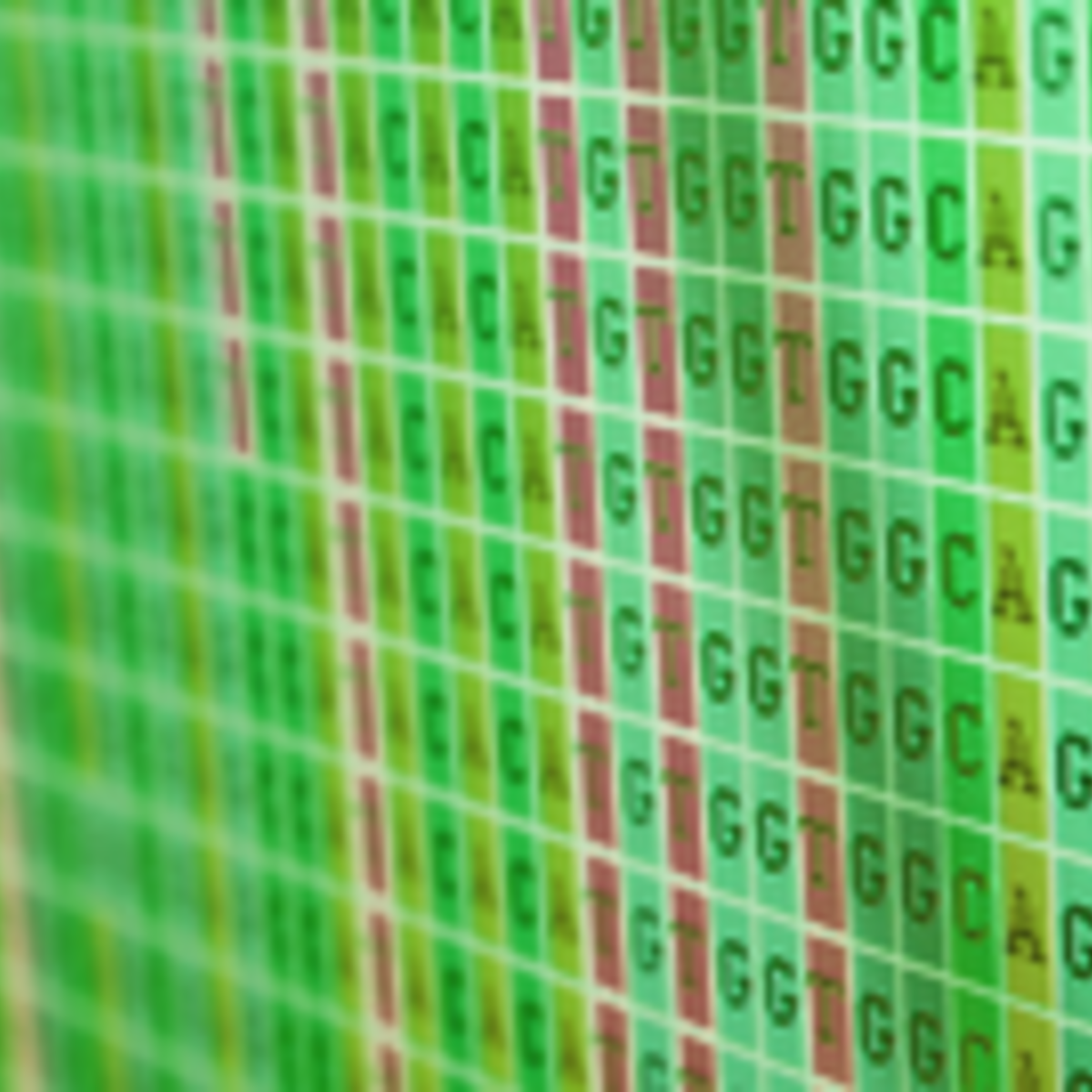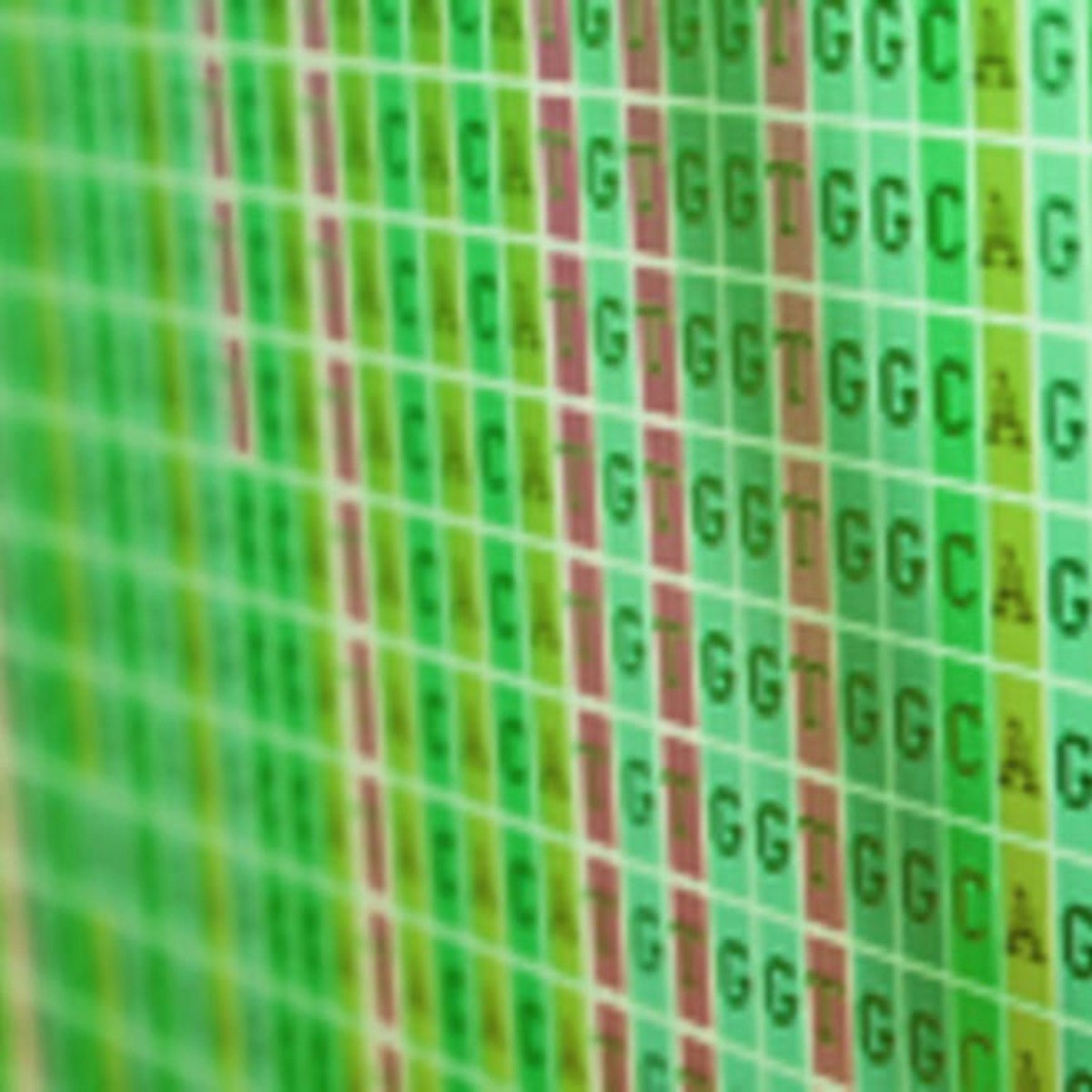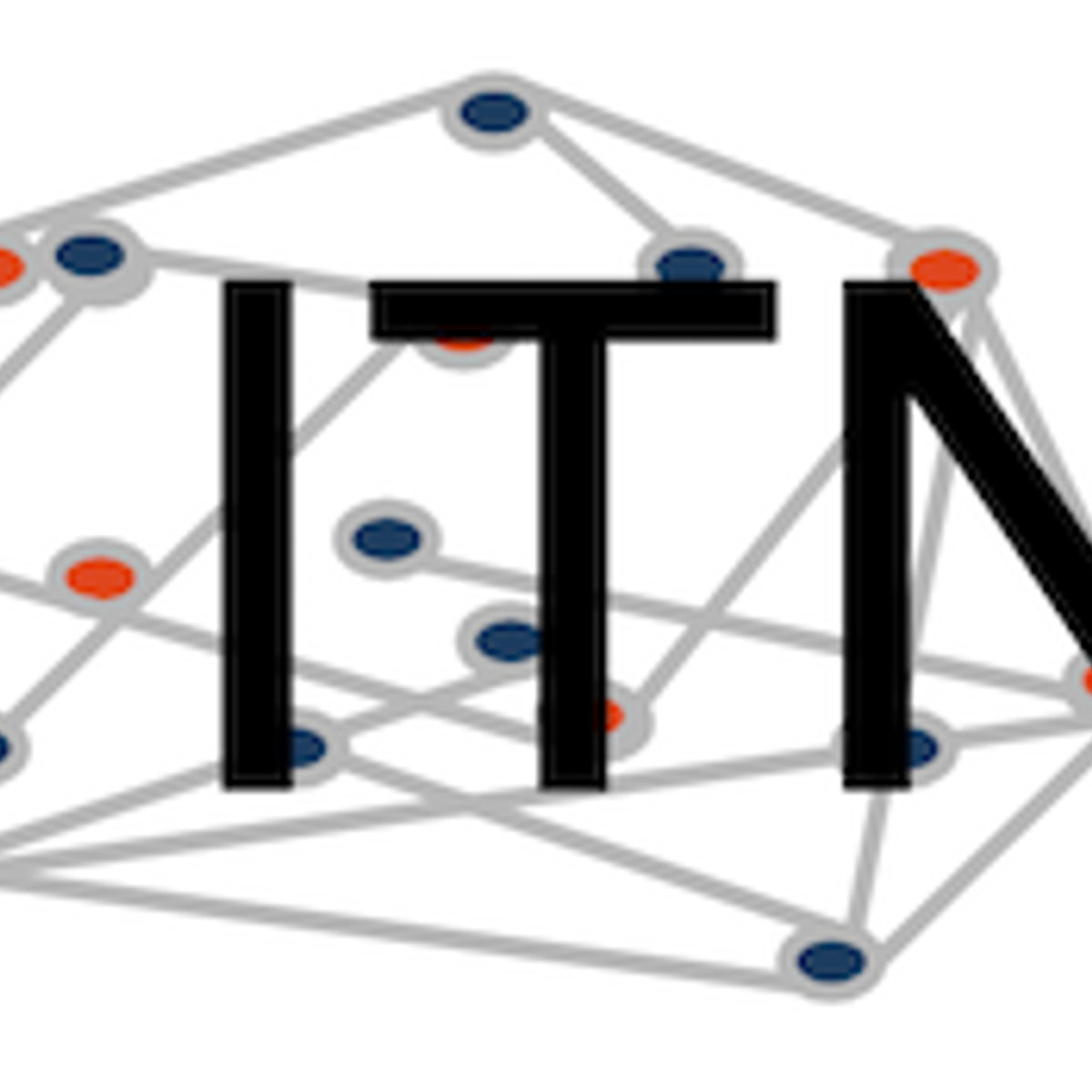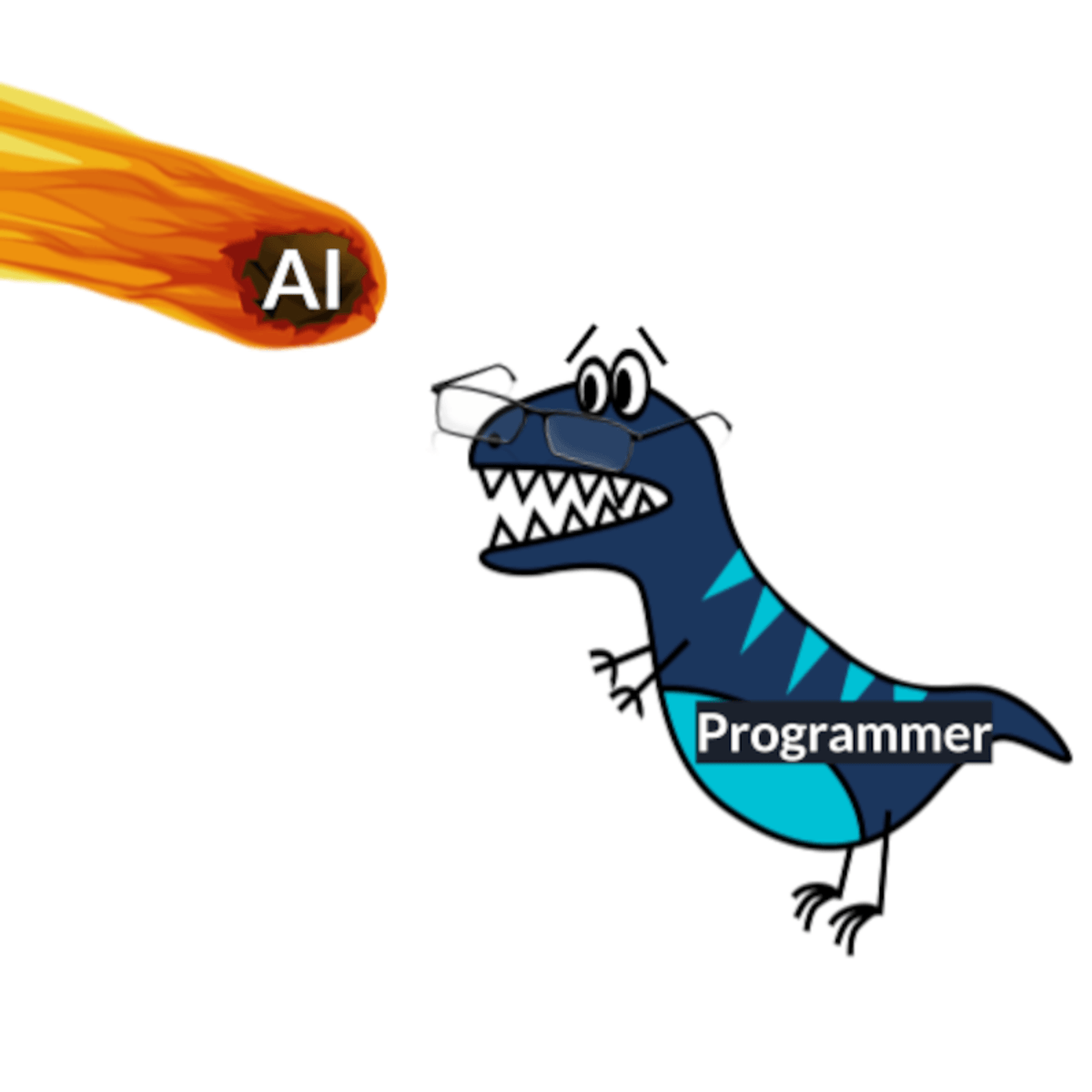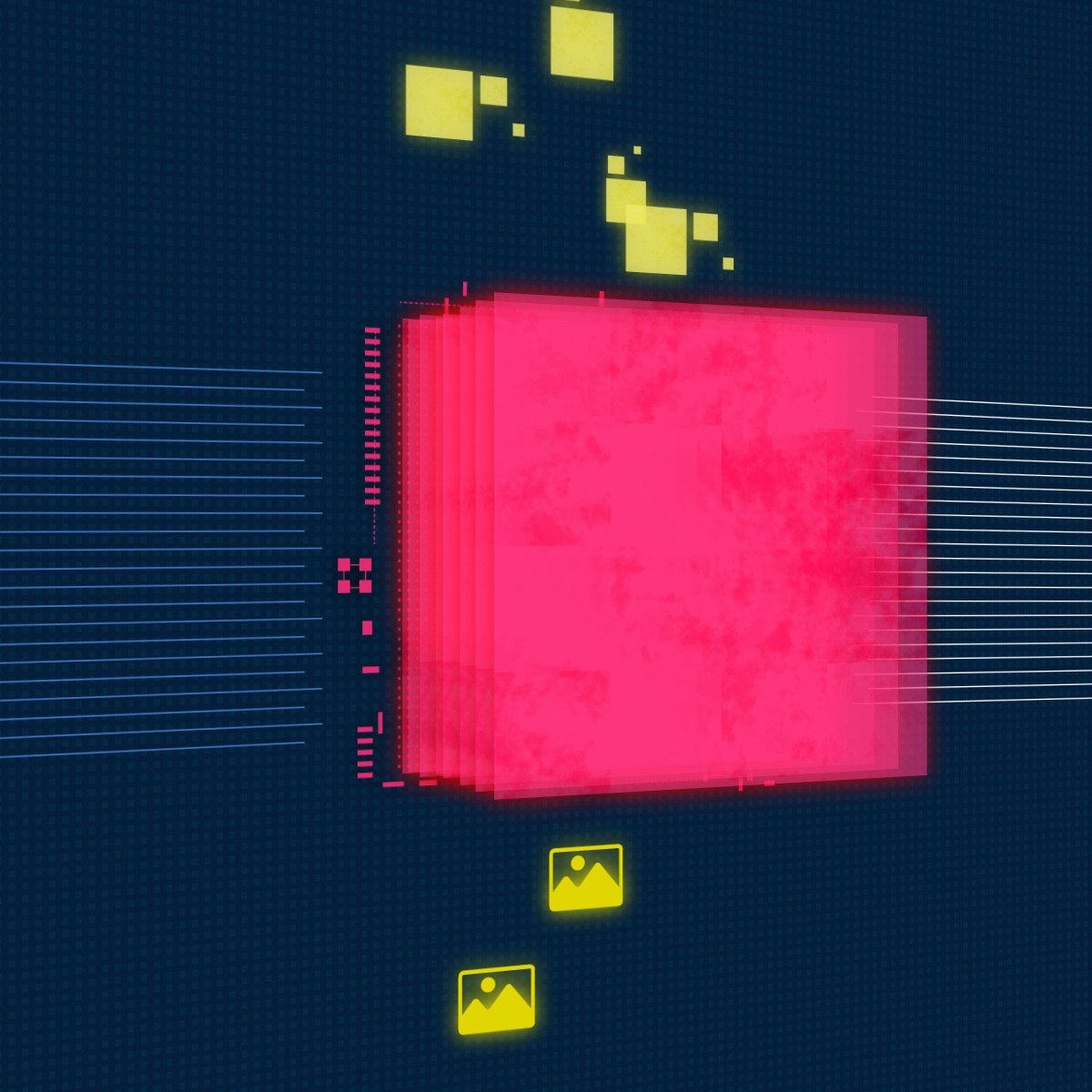Bioinformatics Scientist
Becoming a Bioinformatics Scientist: Bridging Biology and Data
Bioinformatics Science sits at the exciting crossroads of biology, computer science, and statistics. Bioinformatics Scientists apply computational techniques to manage, analyze, and interpret vast amounts of biological data, particularly genomic and molecular data. They develop and use software tools and algorithms to unlock insights hidden within complex biological systems, contributing significantly to scientific discovery and innovation.
Working as a Bioinformatics Scientist offers the chance to tackle some of the most pressing challenges in life sciences. Imagine using computational power to decipher the genetic basis of diseases, design novel drugs, understand evolutionary relationships, or improve crop yields. It's a field where analytical thinking meets biological curiosity, driving advancements in medicine, agriculture, and our fundamental understanding of life itself.
What Does a Bioinformatics Scientist Do?
Definition and Core Responsibilities
A Bioinformatics Scientist is essentially a biologist who uses computational tools, or a computer scientist/statistician who applies their skills to biological questions. Their primary role involves analyzing large biological datasets, such as DNA sequences, protein structures, gene expression levels, and metabolic pathways. They develop computational models, algorithms, and databases to handle and interpret this information effectively.
Core responsibilities often include designing and implementing data analysis pipelines, writing custom scripts for specific analytical tasks, visualizing complex data, and collaborating closely with experimental biologists (often called "wet-lab" researchers) to design experiments and interpret results. They must be adept at communicating complex findings to diverse audiences, including scientists from different backgrounds and sometimes non-technical stakeholders.
The ultimate goal is to extract meaningful biological knowledge from data. This could involve identifying genes associated with a disease, predicting the function of a newly discovered protein, understanding how different species evolved, or modeling how a potential drug might interact with its target in the body.
The Intersection of Biology, Computer Science, and Statistics
Bioinformatics is inherently interdisciplinary. A strong foundation in molecular biology, genetics, and biochemistry is crucial to understand the data's context and formulate relevant scientific questions. Without biological knowledge, interpreting computational results becomes challenging, risking misinterpretation or overlooking significant findings.
Equally important are skills from computer science. Proficiency in programming languages like Python and R is standard for data manipulation, analysis, and developing custom tools. Understanding algorithms, data structures, and database management (SQL) enables scientists to handle the scale and complexity of modern biological datasets efficiently.
Statistics provides the framework for making sense of the data and drawing valid conclusions. Bioinformatics Scientists use statistical methods to assess the significance of their findings, build predictive models, identify patterns, and account for variability and noise inherent in biological experiments. Knowledge of probability, hypothesis testing, regression, and increasingly, machine learning techniques, is essential.
For those seeking to build a foundational understanding, combining biological concepts with programming is key. These courses offer a starting point for learning the fundamentals of bioinformatics and essential programming skills.
Key Industries and Historical Context
Bioinformatics Scientists are in demand across various sectors. Academia remains a major employer, with researchers in universities and institutes pushing the boundaries of basic science. The pharmaceutical and biotechnology industries heavily rely on bioinformatics for drug discovery, development, and personalized medicine initiatives.
Government agencies, such as the National Institutes of Health (NIH) and Centers for Disease Control and Prevention (CDC), employ bioinformatics experts for public health research, disease surveillance, and managing large biological databases. Agricultural technology companies also utilize bioinformatics to improve crop resilience, yield, and nutritional value through genetic analysis.
The field emerged formally in the late 20th century, spurred by advances in molecular biology (especially DNA sequencing) and computing power. Early efforts focused on creating databases for sequence information (like GenBank) and developing algorithms for sequence comparison (like BLAST). The Human Genome Project, completed in the early 2000s, was a landmark achievement that dramatically accelerated the field, generating unprecedented amounts of data and highlighting the critical need for sophisticated computational analysis tools.
The Role of a Bioinformatics Scientist in Modern Research
Genomic Data Analysis and Interpretation
A core function of bioinformatics scientists is the analysis of genomic data. This includes processing raw data from Next-Generation Sequencing (NGS) technologies, aligning sequences to reference genomes, identifying genetic variants (like SNPs and indels), and assessing their potential functional impact. They analyze gene expression data (RNA-Seq) to understand which genes are active under different conditions, contributing to our understanding of cellular processes and disease mechanisms.
Interpreting these analyses requires integrating genomic findings with other biological information, such as protein interactions, pathway data, and clinical phenotypes. For example, identifying a genetic mutation is only the first step; the scientist must then investigate whether that mutation is likely to cause a disease or affect response to treatment.
This often involves using specialized databases and predictive tools to assess the pathogenicity or functional consequences of variants. The ability to critically evaluate results and place them in a biological context is paramount.
These courses provide practical experience in handling and analyzing genomic data, a fundamental skill for researchers in this field.
Algorithm Development for Biological Datasets
While many standard bioinformatics tools exist, researchers often encounter unique problems that require novel computational approaches. Bioinformatics Scientists may develop new algorithms or adapt existing ones to address specific research questions. This could involve creating faster methods for sequence alignment, more accurate algorithms for predicting protein structure, or new statistical models for analyzing complex experimental designs.
Algorithm development demands a deep understanding of both the biological problem and computational principles. It involves designing efficient code, testing its performance rigorously, and often making it available to the broader scientific community through publications or open-source software packages.
This creative aspect of the role allows scientists to contribute fundamental tools that can enable new types of biological investigation. It requires strong programming skills, a solid grasp of computer science theory, and innovative thinking.
Understanding how algorithms are designed and applied to biological problems is crucial. This course offers insight into the programming challenges involved in genome assembly.
Collaboration with Wet-Lab Researchers
Bioinformatics is rarely performed in isolation. Effective collaboration with experimental biologists is crucial for success. Bioinformatics Scientists work closely with wet-lab colleagues to understand experimental goals, design studies that generate analyzable data, and interpret computational results in the context of biological experiments.
This collaboration involves clear communication across disciplines. Bioinformatics scientists need to explain complex computational methods and results to biologists who may not have extensive quantitative training. Conversely, they must understand the nuances and limitations of experimental techniques to model and analyze the data appropriately.
Successful projects often result from this synergy, where computational analysis guides further experiments, and experimental results refine computational models. This iterative process drives scientific discovery forward.
Contribution to Drug Discovery Pipelines
In the pharmaceutical industry, bioinformatics plays a vital role throughout the drug discovery and development pipeline. Scientists analyze genomic and molecular data to identify potential drug targets – genes or proteins implicated in disease. They use computational methods to screen large libraries of chemical compounds for potential drug candidates that might interact with these targets.
Bioinformatics is also used in predicting drug efficacy and toxicity, designing clinical trials by identifying patient subgroups likely to respond to a treatment (biomarker discovery), and analyzing clinical trial data. Structural bioinformatics helps in understanding how drugs bind to their targets at a molecular level, aiding in the design of more effective and specific therapies.
The application of computational approaches significantly speeds up the traditionally slow and expensive process of drug development, making bioinformatics scientists key players in bringing new medicines to patients.
These courses explore specific applications of bioinformatics in areas like biomarker discovery and drug development.
Key Skills and Tools
Programming Languages (Python, R, SQL)
Proficiency in programming is non-negotiable. Python is widely used due to its extensive libraries for scientific computing, data analysis (Pandas, NumPy), machine learning (Scikit-learn, TensorFlow), and specific bioinformatics tasks (Biopython). Its readability and versatility make it a popular choice for building analysis pipelines and custom tools.
R is another cornerstone, particularly strong for statistical analysis and data visualization (ggplot2). The Bioconductor project provides a vast collection of R packages specifically designed for analyzing high-throughput genomic data. Many bioinformatics scientists are proficient in both Python and R, using each for tasks where they excel.
SQL (Structured Query Language) is essential for interacting with relational databases, which are commonly used to store and manage large biological datasets, annotations, and experimental metadata. Efficiently querying and retrieving data is a fundamental skill.
These resources focus on Python programming specifically for bioinformatics applications.
Bioinformatics Software and Packages
Beyond general programming, familiarity with specialized bioinformatics tools is crucial. BLAST (Basic Local Alignment Search Tool) is fundamental for comparing biological sequences. Samtools and GATK are standards for processing and analyzing NGS data. Proficiency with Bioconductor in R or Biopython in Python provides access to a wide array of analytical functions.
Depending on the specific subfield, scientists might need expertise in tools for phylogenetic analysis (e.g., PHYLIP, RAxML), protein structure prediction and visualization (e.g., PyMOL, Chimera), pathway analysis (e.g., KEGG, GOseq), or metabolic modeling (e.g., CobraPy).
Keeping up-to-date with the latest software developments and choosing the appropriate tool for a given task are ongoing requirements of the role. Many researchers contribute to or develop open-source software themselves.
These courses and books delve into specific tools and packages commonly used in the field.
Statistical Modeling and Machine Learning
A strong grasp of statistics is essential for designing experiments, analyzing data, and interpreting results correctly. This includes understanding probability distributions, hypothesis testing, regression analysis, and methods for handling high-dimensional data. Knowledge of statistical techniques specific to genomics, like differential expression analysis or Genome-Wide Association Studies (GWAS), is often required.
Machine learning (ML) is increasingly integrated into bioinformatics. Supervised learning is used for tasks like predicting protein function or classifying disease subtypes based on molecular data. Unsupervised learning helps uncover hidden patterns in complex datasets, such as clustering patients based on gene expression profiles. Techniques like deep learning are being applied to problems like image analysis in microscopy and predicting drug interactions.
Understanding the principles behind these methods, their assumptions, and limitations is critical for applying them effectively and avoiding spurious conclusions. Familiarity with ML libraries in Python (Scikit-learn, Keras, PyTorch) or R (caret) is highly valuable.
Explore machine learning concepts and their application in biological contexts with these courses.
Cloud Computing and Big Data Platforms
Modern biological research generates massive datasets that often exceed the capacity of a single desktop or even local servers. Therefore, familiarity with cloud computing platforms like Amazon Web Services (AWS), Google Cloud Platform (GCP), or Microsoft Azure is becoming increasingly important.
Bioinformatics scientists use cloud resources for scalable data storage, high-performance computing, and running complex analysis pipelines. Understanding concepts like virtual machines, containerization (e.g., Docker), workflow management systems (e.g., Nextflow, Snakemake), and distributed computing frameworks (e.g., Spark) allows researchers to handle large-scale projects efficiently.
Experience with managing data and running analyses in a cloud environment is a significant advantage in both academic and industry settings, where data volumes continue to grow exponentially.
Formal Education Pathways
Undergraduate Degrees
A bachelor's degree is typically the minimum requirement to enter the field, often in a related discipline. Common undergraduate majors include Biology (with a strong quantitative focus), Computer Science (with coursework in biology), Statistics, or dedicated Bioinformatics/Computational Biology programs, which are becoming more common.
Regardless of the specific major, foundational coursework should cover molecular biology, genetics, calculus, linear algebra, statistics, and programming. Gaining research experience as an undergraduate, perhaps through lab work or internships, is highly recommended and provides practical exposure to real-world bioinformatics problems.
A strong academic record and demonstrated interest in interdisciplinary research are key for progressing to graduate studies or entry-level positions.
These courses cover fundamental biological concepts often required in undergraduate curricula.
Graduate Programs (MS/PhD)
While some entry-level roles (often titled Bioinformatics Analyst or Technician) may be accessible with a bachelor's degree, a graduate degree (Master's or PhD) is generally required to become a Bioinformatics Scientist, especially for research-intensive or leadership positions. Master's programs (MS) typically take 1-2 years and provide specialized training and project experience, preparing graduates for industry roles or further doctoral study.
A Doctor of Philosophy (PhD) is the standard qualification for independent research roles in academia and many senior positions in industry. PhD programs usually take 4-6 years and involve advanced coursework, original research culminating in a dissertation, and extensive training in critical thinking, problem-solving, and scientific communication. Choosing a research lab and advisor whose work aligns with your interests is a critical part of the PhD journey.
Many universities now offer dedicated graduate programs in Bioinformatics, Computational Biology, Biostatistics, or related fields. Alternatively, students might pursue a PhD in Biology or Computer Science with a research focus on bioinformatics.
Explore advanced topics often covered in graduate-level bioinformatics coursework.
Key Coursework and Research
Essential coursework typically includes advanced statistics/biostatistics, algorithms for computational biology, machine learning, database management, genomics, proteomics, structural biology, and population genetics. Depending on the program focus, specialized courses in areas like systems biology, drug discovery, or cancer informatics might be offered.
Practical programming skills are honed through coursework and research projects. Statistical programming in R and general-purpose programming in Python are standard. Familiarity with Linux/Unix environments and shell scripting is also necessary for managing computational workflows.
Research experience is paramount, especially for PhD students. This involves working closely with faculty mentors, contributing to ongoing projects, presenting findings at conferences, and publishing results in peer-reviewed journals. This hands-on experience is where students truly develop their skills as independent scientists.
Consider these books for deeper dives into core bioinformatics concepts and skills.
Online Learning and Self-Directed Study
Feasibility of Transitioning via Online Education
Transitioning into bioinformatics solely through online education is challenging but increasingly feasible, especially for individuals with a strong background in a related field like computer science, statistics, or biology. Online courses offer flexibility and access to high-quality instruction on foundational topics and specific tools.
However, replacing a formal degree often requires significant self-discipline and strategic learning. Building a portfolio of projects demonstrating practical skills is crucial for proving competency to potential employers. Networking within the bioinformatics community, contributing to open-source projects, and potentially seeking mentorship can also bridge gaps left by the lack of a traditional degree structure.
For those already holding a relevant degree, online courses are excellent for acquiring specific new skills (e.g., learning a new programming language, mastering a particular software package) or staying current with rapidly evolving technologies. It's a valuable supplement, if not always a complete substitute, for formal education.
Core Topics for Self-Study
If pursuing self-directed learning, focus on mastering core competencies. Start with foundational biology (molecular biology, genetics) if your background is primarily computational, or basic programming (Python, R, command line) if your background is biological. Statistics is essential for everyone.
Key bioinformatics topics include sequence alignment algorithms (e.g., Smith-Waterman, Needleman-Wunsch), database searching (BLAST), basics of NGS data analysis (alignment, variant calling, RNA-Seq), phylogenetic methods, and perhaps an introduction to structural bioinformatics or systems biology depending on interests.
Break down the learning process into manageable modules. Focus on understanding the concepts deeply, not just learning to run specific software commands. Practice applying your knowledge through small projects.
These courses offer introductions to key areas like R programming and bioinformatics research methodologies suitable for self-study.
Project-Based Learning Strategies
Theoretical knowledge alone is insufficient; practical application is key. Project-based learning is highly effective for consolidating skills and building a portfolio. Start with small, well-defined projects, such as analyzing a public dataset from Gene Expression Omnibus (GEO) or re-implementing a simple bioinformatics algorithm.
As skills grow, tackle more complex projects. This could involve developing a small software tool, contributing to an existing open-source bioinformatics project on platforms like GitHub, or participating in online data analysis competitions (e.g., Kaggle challenges related to biology).
Document your projects thoroughly, explaining the problem, your approach, the tools used, and the results. This portfolio becomes tangible evidence of your capabilities when applying for jobs or graduate programs. OpenCourser's Data Science section lists numerous courses that often include project components.
This capstone course provides an example of a project-focused learning experience.
Certifications vs. Degree Programs
Online course platforms often offer certificates upon completion. While these certificates can demonstrate initiative and verify completion of specific training modules, they generally do not carry the same weight as a formal academic degree (BS, MS, PhD) in the eyes of employers, particularly for research-focused roles.
Certificates can be valuable additions to a resume, especially when they cover in-demand skills or specific software platforms. They show commitment to continuous learning. However, they are typically viewed as supplements to, rather than replacements for, the comprehensive education, rigorous training, and research experience provided by degree programs.
For career changers, a portfolio of projects and demonstrated skills often speaks louder than certificates alone. The emphasis should be on acquiring and proving practical competence in core bioinformatics tasks.
Career Progression and Opportunities
Entry-Level to Leadership Roles
Career paths typically start with roles like Bioinformatics Analyst, Research Assistant, or Associate Scientist, often requiring a Bachelor's or Master's degree. These positions usually involve executing established analysis pipelines, managing data, and supporting senior scientists.
With experience and often a PhD, individuals progress to Bioinformatics Scientist or Senior Scientist roles. These involve more independent research, developing novel analytical methods, leading projects, and potentially mentoring junior staff. Responsibilities increase in scope and complexity.
Further advancement can lead to positions like Principal Scientist, Group Leader, or Director of Bioinformatics, involving strategic leadership, managing teams, setting research directions, and overseeing bioinformatics infrastructure and resources within an organization.
Consider exploring related roles to understand the broader landscape.
Salary and Geographic Demand
Salaries for Bioinformatics Scientists vary based on education level, experience, industry (academia vs. industry), specific role, and geographic location. Generally, industry positions, particularly in pharmaceuticals and biotech, offer higher compensation than academic roles. Positions requiring a PhD typically command higher salaries than those requiring a Master's or Bachelor's degree.
Demand is strong in regions with major biotechnology and pharmaceutical hubs, such as Boston/Cambridge, the San Francisco Bay Area, San Diego, and research centers in Europe and Asia. According to the U.S. Bureau of Labor Statistics, employment for medical scientists (a category including many bioinformatics roles) is projected to grow faster than the average for all occupations. Salary data websites like Glassdoor or Payscale can provide more specific, up-to-date estimates based on location and title.
Remote work opportunities have increased, broadening geographic possibilities, although some roles, especially those involving close collaboration with lab-based teams, may require an on-site presence.
Alternative Career Paths
The skills acquired as a Bioinformatics Scientist are transferable to various other fields. Some may transition into broader Data Science roles in tech, finance, or other industries, leveraging their analytical and computational expertise.
Others might move into scientific software development, focusing purely on building tools for biologists. Consulting roles, advising biotech or pharmaceutical companies on data strategy and analysis, are another option. Some pursue careers in scientific writing, patent law (requiring further legal training), or project management within research organizations.
Entrepreneurship is also a possibility, with some scientists founding biotech startups based on their research or technological innovations. The interdisciplinary nature of the training opens doors to diverse career trajectories.
Industry Applications of Bioinformatics Science
Pharmaceutical R&D Case Studies
In pharmaceutical research and development (R&D), bioinformatics accelerates the discovery of new drugs. For instance, analyzing genomic data from patient populations helps identify genetic variations associated with diseases, pointing towards potential drug targets. Computational screening (virtual screening) of vast chemical libraries against the 3D structure of a target protein can predict which compounds are likely to bind and potentially inhibit its function, prioritizing candidates for laboratory testing.
Bioinformatics is also crucial for analyzing data from preclinical studies and clinical trials. RNA-Seq data from cell lines or animal models treated with a drug candidate can reveal its mechanism of action and potential off-target effects. In clinical trials, analyzing patient genomic data helps identify biomarkers that predict who will respond best to a new therapy, paving the way for personalized medicine.
These applications demonstrate the direct impact of bioinformatics on developing new treatments.
Agricultural Biotechnology Innovations
Bioinformatics plays a significant role in modern agriculture. Scientists analyze plant and animal genomes to identify genes responsible for desirable traits, such as drought resistance, disease tolerance, or increased yield. This information guides breeding programs and genetic engineering efforts to develop improved crops and livestock.
Metagenomic analysis of soil microbiomes helps researchers understand how microbial communities influence plant health and nutrient uptake, leading to strategies for sustainable agriculture. Bioinformatics tools are also used to track the spread of plant pathogens and develop diagnostic tests, protecting crop health.
By applying computational methods to agricultural challenges, bioinformatics contributes to global food security and sustainability.
These courses touch upon plant biology and related bioinformatics applications.
Personalized Medicine Advancements
Personalized medicine aims to tailor medical treatment to individual patients based on their genetic makeup, lifestyle, and environment. Bioinformatics is central to this effort. Analyzing a patient's genome or tumor DNA can identify specific mutations driving their disease, guiding the selection of targeted therapies most likely to be effective.
Pharmacogenomics uses bioinformatics to predict how an individual might respond to certain drugs based on their genetic profile, helping to optimize dosages and avoid adverse reactions. Integrating diverse data types – genomics, proteomics, clinical records, wearable sensor data – requires sophisticated bioinformatics approaches to build comprehensive patient models.
As sequencing costs decrease and analytical methods improve, bioinformatics is driving the transition towards more precise and effective healthcare tailored to the individual.
Public Health and Epidemiology
Bioinformatics tools are essential for modern public health surveillance and epidemiology. Sequencing pathogen genomes (like viruses or bacteria) during outbreaks allows scientists to track the spread of infectious diseases, understand transmission patterns, and identify the emergence of drug-resistant strains. This information guides public health interventions and vaccine development efforts.
Analyzing large population-level health datasets, including genomic information, helps researchers identify environmental and genetic risk factors for common diseases like diabetes, heart disease, and cancer. This knowledge informs public health policies and prevention strategies.
Computational modeling based on epidemiological and genomic data can predict disease outbreaks and evaluate the potential impact of different control measures, aiding in preparedness and response.
Ethical Considerations in Bioinformatics
Data Privacy in Genomic Research
Genomic data is inherently personal and sensitive. Protecting the privacy of individuals whose data is used in research is a major ethical concern. Bioinformatics scientists must handle data responsibly, often working with anonymized or de-identified datasets. However, complete de-identification can be challenging, as genomic data itself can potentially be used to re-identify individuals.
Researchers and institutions must adhere to strict data security protocols and comply with regulations like the Health Insurance Portability and Accountability Act (HIPAA) in the US or the General Data Protection Regulation (GDPR) in Europe. Secure data storage, access control, and encryption are critical. Balancing the need for data sharing to advance science with the imperative to protect individual privacy requires ongoing attention and robust ethical frameworks.
Understanding data handling and reproducibility is crucial in maintaining trust and ethical standards.
Bias in Algorithmic Predictions
Algorithms and machine learning models used in bioinformatics are trained on existing data. If this training data reflects historical biases (e.g., underrepresentation of certain populations in genomic studies), the resulting models can perpetuate or even amplify these biases. This can lead to disparities in diagnostic accuracy or treatment effectiveness across different demographic groups.
Bioinformatics scientists must be aware of potential sources of bias in their data and algorithms. Efforts are needed to ensure diverse and representative datasets, develop methods for detecting and mitigating algorithmic bias, and critically evaluate the fairness and equity implications of their computational tools, especially when applied in clinical settings.
Transparency in model development and validation is essential for identifying and addressing potential biases.
Ownership and Use of Genetic Data
Questions surrounding the ownership and control of genetic data are complex. Who owns the data generated from a research participant or a direct-to-consumer genetic test? How should this data be used, and who benefits from its commercialization or application in research?
Informed consent processes must clearly explain how data will be stored, used, and potentially shared. Issues arise regarding secondary use of data for purposes not initially consented to, and the return of potentially medically relevant findings to research participants. Establishing clear policies and ethical guidelines for data governance, benefit-sharing, and participant engagement is crucial.
These issues often involve navigating legal and ethical landscapes, requiring careful consideration by researchers, institutions, and policymakers. This book explores the story behind one famous cell line, touching on consent and data use.
Regulatory Compliance
Bioinformatics research and its applications, particularly in clinical contexts, are subject to various regulations. Compliance with data privacy laws like HIPAA and GDPR is mandatory when handling patient data. Research involving human subjects requires oversight by Institutional Review Boards (IRBs) or Ethics Committees.
If bioinformatics tools are used for clinical diagnostics or decision-making, they may be subject to regulatory approval processes, such as those overseen by the Food and Drug Administration (FDA) in the US. Scientists working in regulated environments must understand and adhere to relevant guidelines regarding data integrity, software validation, and documentation practices (Good Clinical Practice, Good Laboratory Practice).
Navigating this regulatory landscape is an important aspect of translating bioinformatics discoveries into real-world applications, especially in healthcare.
Emerging Trends in Bioinformatics Science
Single-Cell Sequencing Technologies
Traditional sequencing methods analyze bulk tissue, averaging signals across many cells. Single-cell sequencing technologies allow researchers to analyze the genome, transcriptome, or epigenome of individual cells. This provides unprecedented resolution to study cellular heterogeneity within tissues, uncover rare cell types, and understand developmental processes or disease progression at a finer scale.
Analyzing single-cell data presents unique computational challenges, requiring specialized algorithms for handling sparsity, batch effects, and large numbers of cells. Bioinformatics scientists are actively developing new methods for clustering cells, identifying cell types, reconstructing differentiation trajectories, and integrating single-cell data with other data types.
This rapidly evolving area is transforming many fields of biology and medicine.
AI-Driven Drug Repurposing and Discovery
Artificial intelligence (AI) and machine learning are playing an increasingly significant role in drug discovery. Beyond virtual screening, AI models are used to predict drug properties, design novel molecular structures, and identify existing drugs that could be repurposed for new indications.
By integrating vast amounts of data – chemical structures, biological assays, genomic data, clinical trial results, scientific literature – AI algorithms can identify complex patterns and relationships that humans might miss. This has the potential to dramatically accelerate the identification of promising drug candidates and reduce the failure rate in drug development.
Bioinformatics scientists with expertise in AI/ML are highly sought after in the pharmaceutical industry to develop and apply these cutting-edge techniques.
These courses delve into AI concepts relevant to modern bioinformatics.
CRISPR Data Analysis Advancements
CRISPR-Cas9 and related gene editing technologies have revolutionized molecular biology, allowing precise modification of genomes. Large-scale CRISPR screens are used to systematically perturb genes and study their functions. Analyzing the data from these screens requires specialized bioinformatics approaches.
Scientists develop computational methods to design optimal guide RNAs, quantify editing efficiency and off-target effects, and interpret the results of functional genomic screens to identify genes involved in specific biological processes or disease pathways. As CRISPR technology continues to evolve, bioinformatics tools must keep pace to enable its effective application.
This course provides an introduction to the bioinformatics aspects of CRISPR technology.
This book provides context on the discovery and impact of CRISPR.
Global Collaborations in Genomic Research
Addressing major scientific challenges, such as understanding complex diseases or mapping global biodiversity, requires collaboration on an international scale. Large consortia like the International Cancer Genome Consortium (ICGC) or the Human Cell Atlas project bring together researchers from around the world to generate and analyze massive datasets.
Bioinformatics plays a critical role in enabling these collaborations by developing standards for data sharing, creating platforms for federated analysis (analyzing data across multiple sites without moving it), and building tools that facilitate joint interpretation of results. Cloud computing and secure data sharing protocols are essential infrastructure for these global efforts.
Working in these large collaborative projects requires not only technical skills but also strong communication and coordination abilities.
Explore the broader context of genomics and evolution through these accessible books.
Frequently Asked Questions
Is a PhD required to become a bioinformatics scientist?
While not strictly mandatory for all roles, a PhD is often required or strongly preferred for independent research positions (Bioinformatics Scientist, Senior Scientist) in both academia and industry. It signifies advanced training, research independence, and deep expertise.
A Master's degree can qualify individuals for many applied bioinformatics roles (often titled Analyst or Specialist), particularly in industry settings focused on data analysis pipelines and tool application. Some entry-level positions may be accessible with a relevant Bachelor's degree and significant practical experience or project work.
The necessity of a PhD depends heavily on your long-term career goals and the specific requirements of the roles you target.
How does this role differ from a data scientist?
There is significant overlap, as both roles involve analyzing large datasets using computational and statistical methods. However, a Bioinformatics Scientist specifically applies these skills to biological data and questions. They require substantial domain knowledge in biology (genetics, molecular biology, etc.) to interpret results meaningfully.
A Data Scientist role is typically broader, potentially working with data from various domains like finance, marketing, or technology. While they use similar tools (Python, R, SQL, ML), their focus might be on business intelligence, predictive modeling for customer behavior, or optimizing software systems, often without needing deep biological expertise.
Essentially, a Bioinformatics Scientist is a type of data scientist specialized in the life sciences domain.
What industries hire the most bioinformatics scientists?
The major employers are the pharmaceutical and biotechnology industries, academic research institutions (universities, research centers), and government agencies (like NIH, CDC, FDA). Hospitals and healthcare systems are also increasingly hiring bioinformatics specialists for clinical genomics and personalized medicine initiatives.
Agricultural technology (AgTech) companies are another significant sector employing bioinformatics scientists for crop and livestock improvement. Additionally, some large technology companies are investing in health and genomics research, creating opportunities.
The demand is driven by the explosion of biological data and the need for experts who can translate that data into actionable insights across these diverse sectors.
Can I transition from pure biology or pure programming?
Yes, transitioning from either pure biology or pure computer science/programming is common. Biologists need to acquire strong computational, programming (Python, R, command line), and statistical skills. Online courses, workshops, or formal graduate programs in bioinformatics can facilitate this.
Programmers or computer scientists need to gain a solid understanding of fundamental biology, particularly molecular biology and genetics, as well as the specific types of data and questions relevant to the field. Taking relevant biology courses, reading key literature, and collaborating with biologists are essential steps.
Both transitions require dedicated effort to bridge the knowledge gap in the complementary discipline. Building a portfolio of interdisciplinary projects is crucial for demonstrating competence to potential employers.
These courses can help bridge the gap, offering introductions to quantitative methods for biologists or bioinformatics for those with programming backgrounds.
Are remote work opportunities common?
Remote work has become significantly more common in bioinformatics, especially for roles that are primarily computational (data analysis, software development, algorithm design). Many tasks can be performed effectively from any location with a good internet connection and access to necessary computing resources (often cloud-based).
However, some positions, particularly those involving very close collaboration with wet-lab teams, managing on-site computing infrastructure, or requiring frequent in-person strategy meetings, may necessitate partial or full on-site presence. The availability of remote options varies by company culture, specific team needs, and the nature of the role.
Job postings typically specify whether a position is remote, hybrid, or on-site. It's a growing trend, offering more flexibility than in many lab-based scientific roles.
What is the average salary progression?
Salary progression generally correlates with experience, education level, and increasing responsibility. Entry-level roles (BS/MS) might start in one range, while PhD-level scientists typically enter at a higher salary band. Significant increases often accompany promotions to senior scientist, principal scientist, or leadership positions.
Industry salaries tend to outpace academic salaries significantly. Within industry, compensation can also vary between large pharmaceutical companies, established biotech firms, and early-stage startups. Geographic location also plays a major role, with higher salaries common in major biotech hubs but also accompanied by higher costs of living.
Tracking salary trends on sites like Glassdoor, Salary.com, or consulting industry salary reports can provide up-to-date estimates for different roles and locations. Progression often involves demonstrating impact, technical expertise, leadership potential, and contributions to key projects.
How competitive is the job market?
The job market for skilled Bioinformatics Scientists is generally strong, driven by the continued growth of biological data and its importance across research and industry. However, it can also be competitive, particularly for desirable positions at top institutions or companies.
Candidates with advanced degrees (PhD preferred for many research roles), strong computational and statistical skills, expertise in high-demand areas (like machine learning, NGS analysis, single-cell analysis), good communication abilities, and practical project experience tend to be most competitive. Specialization in a particular biological domain (e.g., oncology, immunology) can also be an advantage.
Networking, internships, postdoctoral experience (for academic tracks), and a strong portfolio of accomplishments are important for standing out in the applicant pool. While demand is high, securing the best positions requires a solid skill set and demonstrated track record.
Helpful Resources
Navigating the vast world of online learning can be complex. OpenCourser provides tools to search and compare thousands of courses from various providers. Features like saved lists, summarized reviews, and career path information can help you plan your educational journey.
For those looking to build skills efficiently, exploring specific categories on OpenCourser might be helpful:
- Biology Courses
- Programming Courses
- Data Science Courses
- Statistics Courses (Often within Mathematics or Data Science)
Consider consulting professional organizations for networking and career resources:
- International Society for Computational Biology (ISCB)
- Regional bioinformatics groups and societies
Staying updated requires continuous learning. Regularly checking resources like PubMed for the latest research papers and following key opinion leaders and journals in the field is essential.
Embarking on a career as a Bioinformatics Scientist is a commitment to lifelong learning at the interface of biology and computation. It offers intellectually stimulating challenges and the opportunity to contribute meaningfully to scientific advancement and human health. While the path requires dedication and diverse skills, the impact and opportunities within this dynamic field are substantial.








